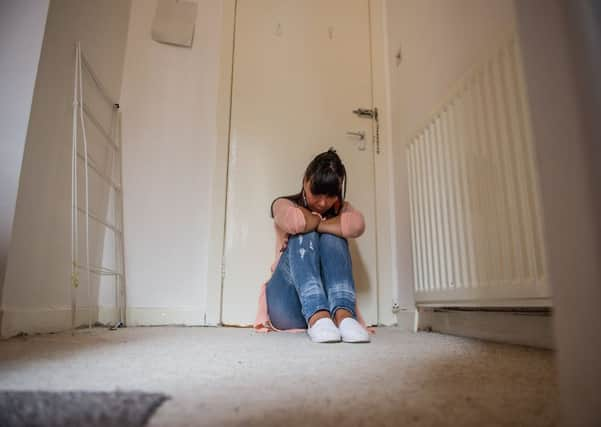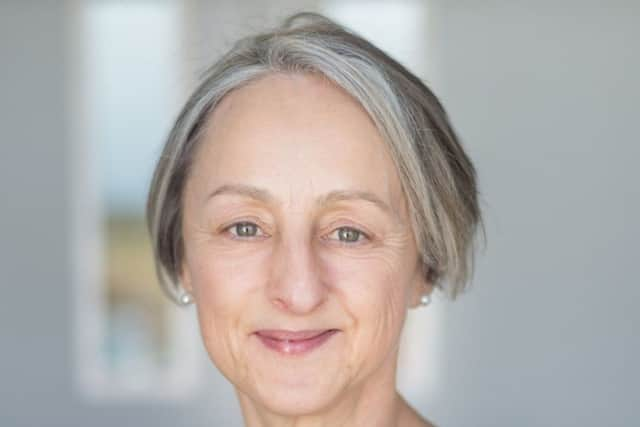Dr Olivia Sagan: Together we can tackle the scourge of loneliness


Policy makers, third sector workers, schools and healthcare professionals can sometimes be less aware, however, that the demonstrated connections between our loneliness and our physical and mental health have been explored for decades by psychologists such as Anne Peplau and John Cacciopo, who famously likened loneliness to an iceberg, going far deeper than we can see.
As a psychologist who has been researching mental illness for many years, I noticed how loneliness, as distinct, as philosophers have pointed out, from solitude – was a reoccurring theme in my work and research with mentally ill adults from all walks of life. So when, in one participatory research project I asked a group of mental health service users what they thought should be looked at in more detail, I was not surprised to hear them say “what it is really like to be lonely”.
Advertisement
Hide AdAdvertisement
Hide AdOn beginning to research the experience of loneliness I quickly found it to be a complicated human experience, one not necessarily helped by having more friends or a busy life, and one certainly not “solved” by having a million Facebook “friends” or using Skype and Facetime. In fact, it often seemed worsened by these substitutes for human connectedness.


In bringing together a range of people from the arts, health, therapy, psychology, conservation, and education, I explored the experience of loneliness in the 21st century. This work shows us yet again that a concern that is widespread within our communities is a concern worth investigating through the research in our universities – which, incidentally, can also be very lonely places, according to research.
Lately, loneliness has finally come under the spotlight in Scotland, as it has elsewhere, with the Scottish Government setting up a fund last year of £300,000 to tackle Social Isolation and Loneliness.
It is aimed at preventing vulnerable young and older people becoming lonely or isolated, with an extra £248,000 being given to established projects currently working to curb isolation. This is money long overdue.
Research has demonstrated that loneliness is a factor not only in mental illness but in a range of physical illnesses, with one recent study finding that loneliness triggers biological changes which can cause illness and early death. Yet in my research, I am finding time and again that the most vulnerable amongst us are seeing real cuts to their benefits, a scaling back of their health and social care and a withdrawal of vital community projects that offer a simple lifeline to so many.


This lifeline is one which, as one person said to me, can make the difference “between being chronically lonely and being lonesome”. While loneliness does not differentiate between socio-economic backgrounds, there is no doubt its effects are felt more acutely by those who have the least means of combatting it.
Dr Olivia Sagan is Head of Division, Psychology & Sociology, Queen Margaret University Edinburgh.Her co-edited book, Narratives of Loneliness: Multidisciplinary perspectives from the 21st century, will be published by Routledge in October 2017